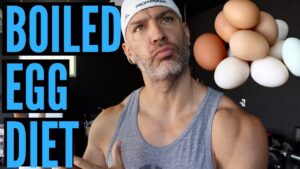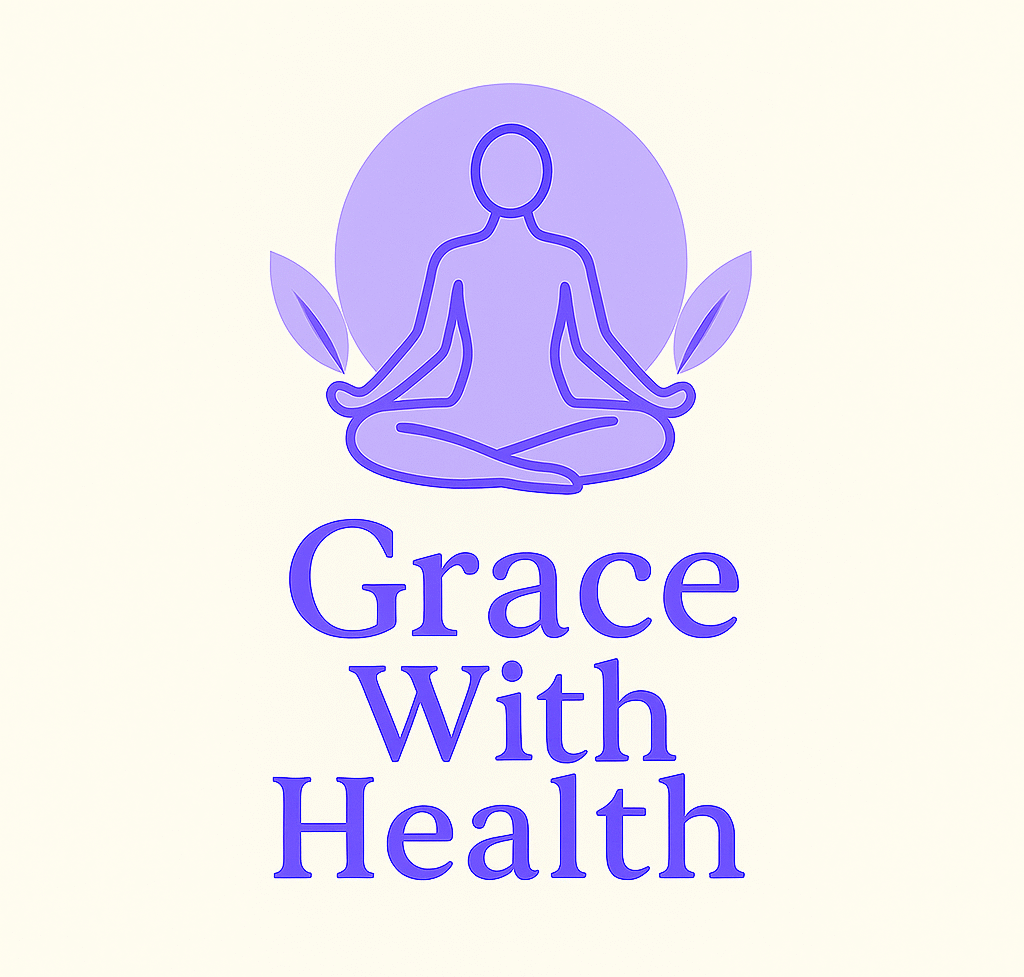The egg diet has quickly gained attention as a simple way to lose weight. By focusing on eggs as the main protein source, it promises fast results through a strict low carb diet approach. Many people see the boiled egg diet as an affordable plan that requires little planning, which makes it appealing compared to other complicated routines. Supporters claim that by creating a calorie deficit, the body burns fat more efficiently and encourages quick weight loss.
However, nutrition experts warn that this plan is not always sustainable. Because it limits variety, the egg diet often falls into the category of a fad diet, which may lead to short-term success but long-term challenges. Understanding its rules, possible benefits, and health risks is essential before deciding if it’s the right path for you.
What Is the Boiled Egg Diet?
The boiled egg diet is a fad diet that became popular in the USA for its quick results. It centers around eating eggs, often for breakfast, lunch, and dinner, while keeping carbs extremely low. Followers believe it triggers a metabolism boost and fat-burning effect that speeds up weight loss.
However, health experts argue that it is an unsustainable diet plan. While you may see short-term weight loss, the strict rules and lack of variety make it hard to maintain. Compared with balanced healthy eating patterns, the boiled egg diet falls short in both nutrition and long-term benefits.

How Does the Boiled Egg Diet Work?
This diet works by forcing your body into a calorie deficit through limited food choices. Eating mostly lean proteins like eggs, fish, and chicken along with non-starchy vegetables keeps calories low while increasing satiety. Some believe it mimics a low carb diet effect similar to keto.
But unlike flexible diets, the boiled egg version is highly restrictive. It cuts out grains, beans, and even many fruits, which increases the risk of nutrient deficiency. While you may feel lighter after a week, much of the weight lost is water, not sustainable fat reduction.
Foods Allowed and Restricted in the Boiled Egg Diet
What You Can Eat
When learning how to follow the boiled egg diet, you’ll mostly eat eggs, chicken, fish, and turkey as your protein base. These are paired with non-starchy vegetables like broccoli, spinach, and kale. Some low carb fruits such as grapefruit and berries are included in moderation.
What to Avoid
The list of restricted foods is long. You cannot eat grains, pasta, bread, potatoes, or rice. Processed foods and sugar-sweetened beverages are banned completely. By excluding entire food groups, this plan increases the chance of nutrient deficiencies and even raises your heart disease risk over time.
Sample Boiled Egg Diet Meal Plan (7-Day Example)
A boiled egg diet meal plan usually looks very repetitive. Here’s a sample for one week:
| Day | Breakfast | Lunch | Dinner |
| 1 | 2 boiled eggs + grapefruit | Chicken breast + spinach | Grilled fish + broccoli |
| 2 | 2 boiled eggs + orange | Turkey + zucchini | Eggs + steamed kale |
| 3 | 2 boiled eggs + grapefruit | Chicken + lettuce salad | Grilled salmon + asparagus |
| 4 | 2 boiled eggs + berries | Eggs + spinach | Chicken + cauliflower |
| 5 | 2 boiled eggs + grapefruit | Turkey + green beans | Fish + salad greens |
| 6 | 2 boiled eggs + orange | Chicken + kale | Eggs + zucchini |
| 7 | 2 boiled eggs + grapefruit | Fish + spinach | Chicken + broccoli |
Benefits of the Boiled Egg Diet
One of the main benefits of the boiled egg diet is quick results. Many people notice a few pounds of short-term weight loss within the first week due to reduced carbs and water retention. Eggs themselves are high in nutrient density, offering protein, vitamins, and minerals.
Another advantage is appetite control. High-protein meals with eggs help keep you full for longer. For people looking for a temporary reset or rapid fat drop before an event, the boiled egg diet may feel appealing. However, its benefits rarely extend beyond the short window of use.

Downsides and Risks of the Boiled Egg Diet
The biggest concern is the downsides of the boiled egg diet. It can cause nutrient deficiencies by cutting out whole food groups like grains, legumes, and dairy. This restrictive nature makes it an unsustainable diet plan for most people.
Longer use can also trigger fatigue, headaches, and mood changes. Dietitians warn that such plans may increase disordered eating habits and harm your relationship with food. Over time, the long-term health risks of dieting like this outweigh any quick weight loss.
Does the Boiled Egg Diet Actually Help You Lose Weight?
So, does the boiled egg diet work? Yes, but only for a while. You may lose weight fast due to a low calorie eating pattern and carb restriction. Studies on similar diets show rapid fat drop during the first two weeks.
However, the problem is weight regain after diet. Once you return to normal eating, the lost pounds usually return. This highlights the difference between temporary results and sustainable weight loss, which requires a balanced approach instead of extreme restriction.
Is the 14-Day Egg Diet Safe for You?
The 14-day egg diet has become a trend on social media. While many report losing 10 pounds or more in two weeks, doctors caution against using it long-term. The plan is far too restrictive and raises the risk of nutrient deficiency.
If you have diabetes, heart problems, or other conditions, the diet may be harmful. The National Eating Disorders Association helpline warns that strict diets often trigger unhealthy eating patterns. That’s why experts recommend seeking registered dietitian guidance before starting.

Healthier Alternatives to the Boiled Egg Diet
There are many healthier alternatives to egg diet that offer better results without extreme rules. The Mediterranean diet is one of the most researched, known for its heart benefits and flexibility. It includes whole grains, healthy fats, and a wide variety of foods.
Balanced healthy eating patterns like high-protein diets with lean proteins and whole foods can provide steady progress. Unlike the egg-only approach, these diets focus on sustainable weight loss and long-term health rather than just rapid results.
Final Thoughts
In this evidence-based diet review, the diet sustainability score of the boiled egg plan is low. While it may deliver short-term weight loss, the downsides of the boiled egg diet far outweigh its temporary benefits.
If you’re curious to try, consult a professional for registered dietitian guidance first. Long-term success depends on healthy eating patterns, not quick fixes. For real results, aim for balanced choices that protect your body and mind while supporting weight management over time.
FAQs
Does the 14 day boiled egg diet work?
Yes, the 14-day boiled egg diet can trigger short-term weight loss by cutting calories and carbs. However, it’s an unsustainable diet plan that often leads to weight regain once normal eating resumes.
Can you lose weight on the boiled egg diet?
You can lose weight on the boiled egg diet because it creates a calorie deficit and uses high lean proteins. The problem is it limits variety, which can cause nutrient deficiencies over time.
How much weight can you lose on a 3 day boiled egg diet?
Some people report losing 3–6 pounds in three days due to water loss and low carbs. Still, this type of fad diet offers only temporary results, not sustainable weight loss.
What can you drink on the boiled egg diet?
You can drink water, black coffee, and unsweetened tea while on the diet. Sugar-sweetened beverages or juices are avoided because they add calories and affect a low calorie eating pattern.

